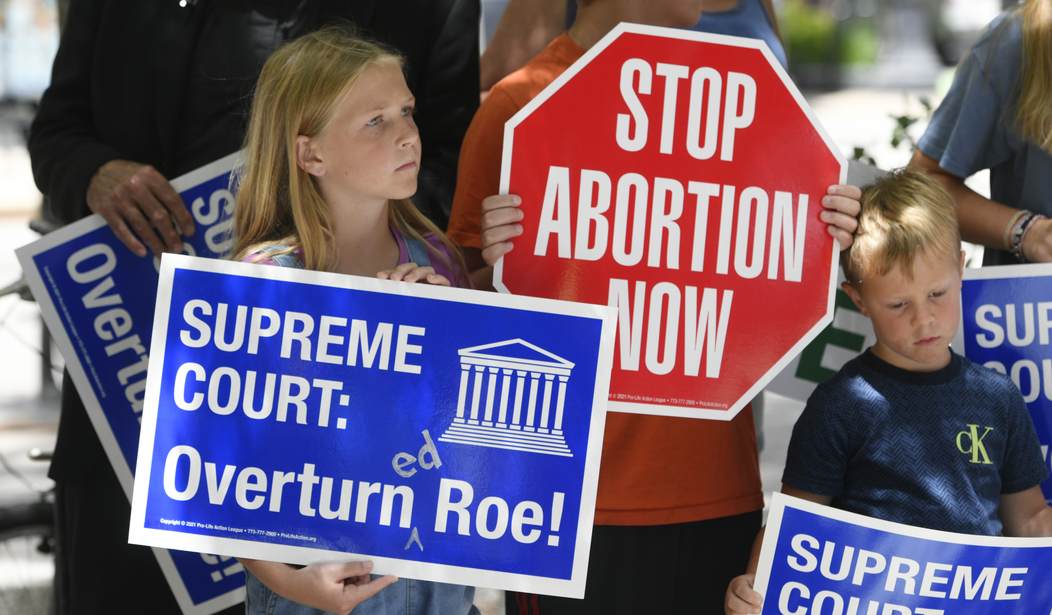A state judge Thursday dismissed a case against a San Antonio abortion provider that is a first. The lawsuit was the first test of a provision in Texas abortion law that allows private citizens to sue over any illegal abortion they discover.
Texas abortion law allows civil suits against anyone who “aids or abets” an unlawful abortion. In Texas, abortion is illegal after 6 weeks. There are exceptions if the mother’s life is in danger or if the fetus has a severe abnormality. A private citizen can sue for a minimum of $10,000 in damages if they discover an illegal abortion has been performed. A San Antonio abortion doctor wrote an op-ed published in the Washington Post in September 2021. Dr. Alan Braid admitted he violated state law by performing an abortion on September 6 after fetal cardiac activity was detected. This was less than a week after the new ban went into effect. He became the first doctor to make such a claim.
“I provided an abortion to a woman who, though still in her first trimester, was beyond the state’s new limit,” Braid, who owns Alamo Women’s Clinic, wrote in a Washington Post op-ed. “I acted because I had a duty of care to this patient, as I do for all patients, and because she has a fundamental right to receive this care.”
With the disclosure, Braid opens himself up to what could be the first lawsuits on the substance of the law, which bans abortions after cardiac activity is detected, usually about six weeks into a pregnancy. Under the law, nearly anyone is allowed to sue a provider or other person who defies the guidelines, and those who succeed can collect at least $10,000 in damages.
So, Chicagoan Felipe Gomez filed a lawsuit against Dr. Braid. Bexar County Judge Aaron Haas dismissed the lawsuit. It doesn’t overturn the law or stop similar lawsuits from being filed in the future. It also does not change current abortion law in Texas.
“This is the first SB 8 case that has gone to a ruling, a final judgment,” said Marc Hearron, senior counsel for the Center for Reproductive Rights, which was part of Braid’s legal team. “It doesn’t necessarily stop other people from filing SB 8 lawsuits, but what we expect is other courts, following this judge’s lead, would say if you weren’t injured, if you’re just a stranger trying to enforce SB 8, courts are going to reject your claims because you don’t have standing.”
The Texas law is unique in that it allows private citizens to enforce the law instead of the state government. This prevents pro-abortion people from suing the government to get a judge to block the law. The fear of costly lawsuits stops most doctors from ignoring the law.
“We had to find another way,” the bill’s author and personal injury lawyer Sen. Bryan Hughes, R-Mineola, told Reuters, adding that he thought the law was “a very elegant use of the judicial system.”
Dr. Braid wrote the op-ed with the intention of becoming a test case for the law. He wanted to test what he called an unconstitutional law. Judge Haas said he would issue a written order in the next week. Gomez said he will appeal the ruling.
The Texas law is supposed to give anyone the standing to sue over an abortion prior to six weeks of pregnancy. Abortion providers and anyone who assists someone in obtaining an abortion is punishable by up to life in prison. Women receiving abortions are exempt from prosecution under the law. Judge Haas agreed with the plaintiffs that a person must be able to prove they were directly impacted in order to sue.
Dr. Braid closed his abortion clinic in San Antonio and his clinic in Oklahoma. He’s moving on to other states.
Braid, the former medical director of Alamo Women’s Reproductive Services in San Antonio who has been practicing since a year before Roe v. Wade went into effect, was forced to close that clinic, as well as another in Oklahoma, due to the bans, which he said made him feel like it was “1972 all over again.”
“It is heartbreaking that Texans still can’t get essential health care in their home state and that providers are left afraid to do their jobs,” Braid said in a statement. “Though we were forced to close our Texas clinic, I will continue serving patients across the region with the care they deserve at new clinics in Illinois and New Mexico.”
He wanted to be a test case and he was. He lost. Nothing has changed with the state law.








Join the conversation as a VIP Member